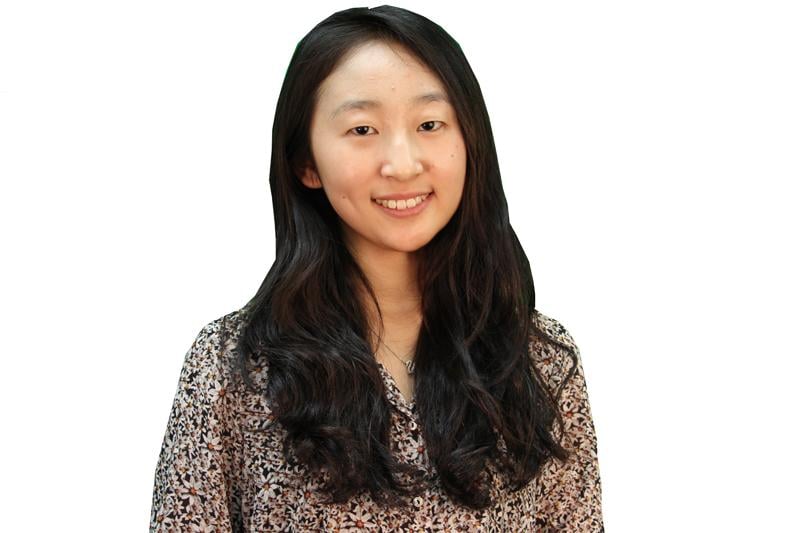Shin: Consumers need more awareness of how their data is used
April 20, 2014
We “like” on Facebook — so many times that we don’t even think about it. Until recently, I also did not know how these simple things can be used as part of a larger data collection.
We need to understand and be cautious of how big corporations quantify us as data, not only because it’s demeaning, but because it’s also a potential threat to ourselves, as our personal information can be used against us.
On the surface, such data analysis seems random and harmless. For instance, a recent publication in the Proceedings of the National Academy of Sciences shows how simple “likes” such as “Thunderstorms,” “The Colbert Report,” “Science,” and “Curly Fries” are highly predictive of high intelligence. Curly fries and high intelligence? I can’t wrap my head around how analysts came to such a conclusion. Even the report admits that “there is no obvious connection between curly fries and high intelligence.” But in Jennifer Golbeck’s TED talk “The curly fry conundrum: Why social media ‘likes’ say more than you might think,” Golbeck explains how when immense amounts of data are put together and when people’s social networks are analyzed – i.e. intelligent people are more likely to be friends with intelligent people – seemingly arbitrary information like curly fry preference can be indicative of a trait like higher intelligence.
Unfortunately, there are many potentially sinister applications for this data. Yes, data collected can be and is used for customers’ benefits. Based on our previous purchases or expressed interests — be it through social media or through other forms — companies can personalize the advertisements of products or services. Rather than some random ad that one does not care about, one can be exposed to what is supposed to really matter to one.
But what is bothersome is, regardless of our knowledge, our personal traits and records may be scrutinized and used to manipulate us. One famous incident with Target mentioned by Golbeck is how Target figured out about a woman’s pregnancy based on her recent purchases even before she told her father. They then sent promotions for baby goods, upsetting both the woman and her father. Pregnancy, one of the most personal events and decisions, became corporate information and was exploited.
An article in the Chicago Tribune mentioned that because companies like insurers and banks are not required to disclose their scoring of their customers, such companies could be redlining – denying service based on if a potential customer is from a high-risk neighborhood. Our knowledge of this activity may only be speculative, but it is important to acknowledge that customer data can be used against the customers without their knowledge.
Customers could be identified and discriminated against for their personal traits that they never agreed to share and never knew was being analyzed.
Where is the line of privacy? When we use social media like Facebook, we agree to terms of agreement. Whether people read them carefully or not, they probably don’t know exactly what each clause implies in terms of outside parties being able to access personal information.
In a capitalist society, such data analysis can be merely interpreted as taking advantage of available resources. But as Golbeck argues in her talk, consumers and individuals can take back control of their private information and lives with more awareness and more action against mass data collection.
Heiwon Shin is a Medill freshman. She can be reached at [email protected]. If you would like to respond publicly to this column, send a Letter to the Editor to [email protected].


